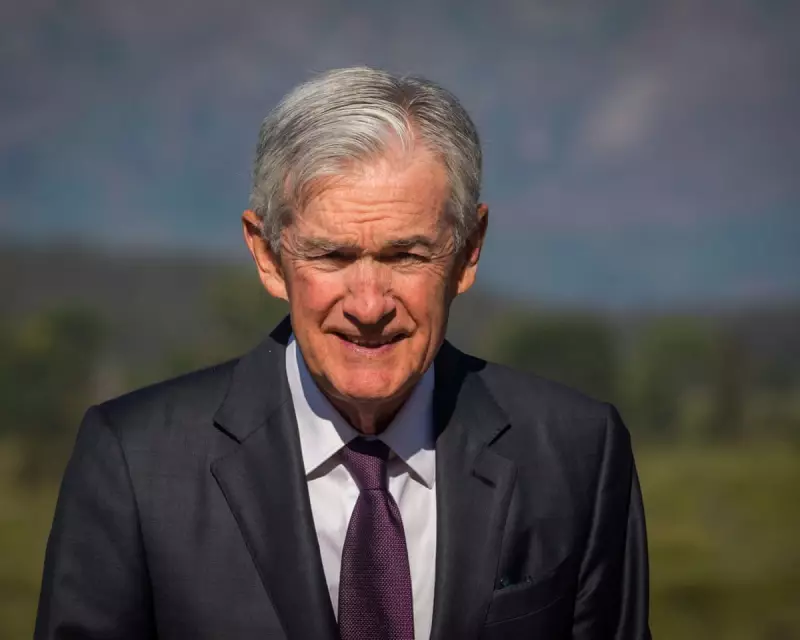
The independence of the Federal Reserve faces its most severe test in decades as former President Donald Trump intensifies his public campaign for immediate, aggressive interest rate cuts. Financial experts are sounding alarms over what they describe as dangerous political interference in America's central banking system.
Unprecedented Political Pressure
In a remarkable departure from established norms, Trump has launched a series of public demands for the Fed to slash borrowing costs, directly challenging the institution's traditional autonomy from political influence. This pressure campaign comes despite the Fed's recent cautious approach toward monetary policy.
Market Expectations vs. Fed Caution
Financial markets are currently pricing in significant rate reductions, with traders anticipating cuts as early as September. However, Federal Reserve Chair Jerome Powell has maintained a more measured stance, emphasising the need for conclusive evidence that inflation is sustainably returning to the 2% target before making any moves.
The Independence Debate Reignites
Central bank independence has long been considered sacrosanct among economists and policymakers worldwide. The Trump administration's very public pressure tactics have sparked concerns among financial institutions and international observers about the potential erosion of this critical principle.
Economic Implications
The political pressure arrives at a delicate economic moment. While some economic indicators suggest cooling, premature rate cuts could risk reigniting inflationary pressures that the Fed has worked tirelessly to control over the past two years.
What Happens Next?
All eyes now turn to the Fed's September meeting, where policymakers must balance economic data against unprecedented political pressure. Their decision could have far-reaching consequences not just for the American economy, but for the perceived independence of central banking globally.




